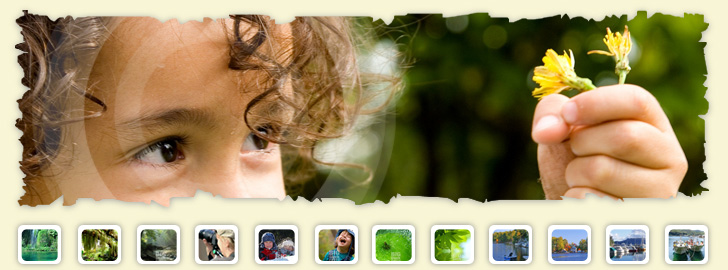|
|
| 
 |
|
Raising kids is tough! Just when you have mastered one difficult phase, another comes along. Sometimes the way children behave is confusing, infuriating, or even frightening. Many children have difficulties at some stage in their development, and behave in ways that are hard to understand. Making this even more complicated, they often are unable or unwilling to communicate how they feel, leaving adults feeling confused, and sometimes helpless. If a child has developed excessive anger, fear, sadness, anxiety, or a sudden change in behavior, this can be hard to figure out. Sometimes difficult phases pass on their own; but when they do not, or become worse, therapy can help. Part of that treatment includes helping parents figure out what is going on, and how to help!
Sometimes the problem is obvious: someone important has died, there has been a divorce, or some kind of big change has occurred. I work with children who are experiencing all types of difficulties, including:
acute and chronic illnesses - Whether they are the one undergoing physical illness and changes, or a family member is sick, therapy can help children learn to cope with all of the complex issues associated with illness. It is hard for young minds to comprehend the limitations that sickness or injury can place on themselves or loved ones; and difficult emotions can be hard to deal with, for the child and the entire family.
depression or fears - Nightmares, fears, excessive worries about their health, family members, safety, real or imagined issues can make your child miserable, and interfere with their ability to enjoy his or her life at school, at play, and with friends.
trauma - Scary things happen, even to kids. Car accidents, natural disasters, violence, and other traumas can significantly impact the way a child sees the world, themselves, and the people around them. Therapy can help them to sort out the confusing feelings that come with these experiences, and help the emotions feel less overwhelming, and restore a sense of safety and security.
death or loss - After a loss, children grieve, too! But their grief often looks very different than adults. It can be difficult to know how to help your child through a time of loss, and to know whether they are "stuck" or are grieving "normally."
I work with children and their families using a variety of techniques, including talk therapy, play therapy, sand tray and art therapy interventions, depending on the client's presenting concern and individual style and need. For children, playing, drawing, building, and pretending, in addition to talking, are important ways of sharing feelings and resolving problems.
For more on how psychotherapy can be helpful to children: http://www.aacap.org/cs/root/facts_for_families/what_is_psychotherapy_for_children_and_adolescents
 |
|









